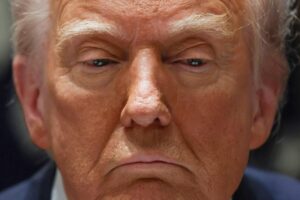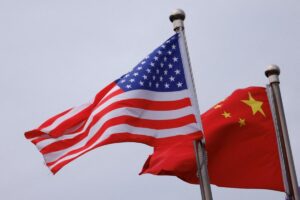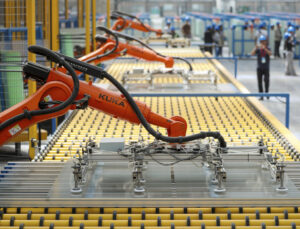Menu
- Daily
Philippines Bans Poultry Imports from Brazil Following Bird Flu Outbreak
avian flu poultry ban PH, bird flu global poultry impact, Brazil bird flu outbreak 2025, DA poultry supply 2025, Featured, PH poultry import ban Brazil, Philippine poultry supply update, Philippines bans Brazilian poultry, Tiu Laurel chicken import statement, Tyson Foods Brazil bird flu, Vibra Foods bird flu case - National
P20-Per-Kilo Rice to Launch in Mindanao by July 2025, Says Agriculture Chief
agriculture news Philippines 2025, cheap rice Sorsogon Cotabato Maguindanao, DA affordable rice rollout, food security PH, Marcos P20 rice nationwide plan, NFA rice quality assurance, P20 rice distribution provinces, P20 rice program Mindanao July 2025, rice subsidy Phase Two Mindanao, Tiu Laurel rice subsidy updatePhilippines Bans Poultry Imports from Brazil Following Bird Flu Outbreak
avian flu poultry ban PH, bird flu global poultry impact, Brazil bird flu outbreak 2025, DA poultry supply 2025, Featured, PH poultry import ban Brazil, Philippine poultry supply update, Philippines bans Brazilian poultry, Tiu Laurel chicken import statement, Tyson Foods Brazil bird flu, Vibra Foods bird flu case - International
Trump Praises ‘Total Reset’ in Geneva Talks with China Amid Trade War De-escalation
China 125% retaliation, Featured, Geneva trade talks Trump He Lifeng, Geneva US-China breakthrough, global trade war de-escalation, Trump 145% tariff policy, Trump China trade reset 2025, Trump Truth Social China, US tariffs rollback update, US-China economic negotiations 2025, WTO response US China talksECB: Foreign Workers Fueling Post-Pandemic Growth in Euro Zone
ECB foreign worker report, ECB immigration study, economic growth Europe 2025, EU immigration and labor, euro zone demographic trends, euro zone labor force growth, Featured, foreign workers economic impact, foreign workers skilled jobs, labor market euro area, post-pandemic economic recovery Europe - Editorial
- Next Negosyante
- Crypto News





















Comments are closed for this article!